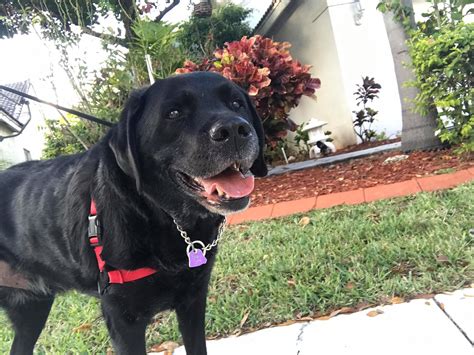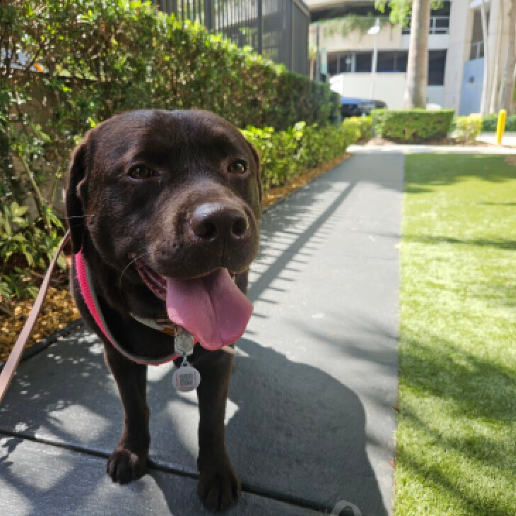Finding the right animal hospital is crucial for ensuring your pet or wildlife companion receives the best care possible. Whether you’re seeking routine checkups or specialized treatment, knowing what to look for in a veterinary facility can make all the difference in maintaining your pet’s health. Top-rated animal hospitals offer a wide range of comprehensive services, including preventive care, diagnostics, and emergency treatment. This guide explores the key factors to consider when choosing an animal hospital, highlights specialized care for various animal types, and provides insight into what you can expect during a visit. Plus, we’ll share tips for keeping your pet healthy between veterinary visits.
Embark on a detailed exploration of this topic with ugodj.com
1. Choosing the Right Animal Hospital: Key Factors to Consider
Selecting the appropriate animal hospital is paramount to your pet’s overall health and well-being. When evaluating potential options, prioritize hospitals with accreditation and certifications, signifying their commitment to high standards of veterinary care. Location and convenience are also crucial factors, especially in emergencies, so choosing a readily accessible facility is essential. Furthermore, seek a hospital with experienced veterinarians and a skilled support team, capable of addressing your pet’s unique needs.
The breadth of services offered is a crucial consideration. A highly regarded animal hospital should provide a comprehensive range of care, encompassing routine checkups, advanced diagnostics, and surgical procedures. It’s essential to assess the hospital’s equipment and technology, as modern tools can significantly enhance treatment outcomes. Finally, consulting reviews and seeking recommendations from other pet owners can provide insights into the hospital’s reputation and the level of individualized attention pets receive.
A visit to the facility prior to your pet’s appointment can offer valuable insights. You’ll gain a sense of the environment and how the staff interacts with animals. A clean, well-organized, and welcoming clinic is a reliable sign of high-quality care.

2. Comprehensive Veterinary Services Offered by Top Animal Hospitals
Leading animal hospitals provide a comprehensive suite of veterinary services, catering to the diverse health needs of both pets and wildlife. This spectrum of services encompasses routine wellness examinations, vaccinations, and preventative care, all aimed at maintaining optimal health and minimizing the likelihood of disease. Additionally, advanced diagnostic tools, including blood tests, X-rays, and ultrasounds, are crucial for identifying potential health issues, enabling prompt and precise treatments.
Beyond routine healthcare, top-tier facilities offer specialized services such as dental care, surgical procedures, and emergency care for critical events. To facilitate swift diagnoses and treatments, these facilities frequently feature in-house laboratories. They also possess cutting-edge surgical equipment for complex operations. Additionally, some hospitals provide rehabilitation and physical therapy services to support recovery following injury or surgery.
These hospitals can provide access to veterinary specialists in fields like cardiology, oncology, and orthopedics, which is particularly beneficial for pets with chronic conditions or specialized needs. This specialized care ensures pets receive tailored treatment plans and the best possible outcomes for their unique health challenges.

3. Specialized Care for Different Animal Types: Pets vs. Wildlife
Top animal hospitals prioritize providing specialized care that caters to the unique needs of various animal types, with distinct approaches for pets and wildlife. Pets, encompassing dogs, cats, and smaller household animals, generally require routine veterinary services centered around preventive care, nutritional guidance, and managing common ailments. These facilities are equipped to handle vaccinations, spaying and neutering procedures, dental care, and even behavioral consultations for pets. Moreover, many hospitals offer grooming and boarding services, ensuring comprehensive care for pets.
Wildlife, however, necessitates a specialized approach due to its unique health needs and behaviors. Wildlife rehabilitation centers, often integrated within animal hospitals, are dedicated to rescuing, treating, and rehabilitating injured or orphaned wild animals, encompassing birds of prey, reptiles, and mammals. Veterinarians specializing in wildlife medicine possess the expertise to handle the complexities of treating non-domesticated species, requiring distinct diagnostic procedures, medications, and recovery protocols.
Top-rated animal hospitals that provide care for both domestic pets and wildlife generally employ specialized staff and maintain separate facilities for each group. This dedicated approach ensures that all animals, whether they are beloved companions or wild creatures, receive the tailored care and attention necessary for optimal health and successful recovery.

4. What to Expect During Your Pet’s Visit to an Animal Hospital
At the animal hospital, your pet will receive comprehensive and caring attention. Your visit will start with a check-in process where you’ll share information about your pet’s health history and any current issues. A veterinary technician will then perform an initial assessment, taking measurements like weight, temperature, and heart rate.
The veterinarian will conduct a thorough physical exam to assess your pet’s general health. They will discuss any concerning symptoms you’ve observed and address your questions. Depending on the purpose of your visit, the vet may suggest further diagnostic procedures like blood tests, X-rays, or ultrasounds to obtain a more detailed understanding of your pet’s health status.
During routine checkups, the veterinarian can administer updated vaccinations, recommend preventive treatments, and provide guidance on diet and exercise. Should your pet require specialized care, like surgery or dental work, the veterinarian will guide you through the necessary steps and explain any preparations required.
Our staff is dedicated to providing a comfortable and stress-free environment for your pet throughout their visit. We aim to create a positive experience for both you and your furry friend.
5. Tips for Maintaining Your Pet’s Health Between Veterinary Visits
Your pet’s health relies heavily on consistent care between veterinary visits. Providing them with a balanced, high-quality diet tailored to their specific needs is crucial. Establishing a regular feeding routine is essential for maintaining their health. Regular exercise is equally important, helping to keep them at a healthy weight and prevent behavioral problems.
To keep your pet healthy and happy, follow your veterinarian’s recommendations for flea, tick, and heartworm medication. Regular grooming, including brushing and nail trimming, helps prevent skin problems and discomfort.
Don’t neglect your pet’s dental health. Brushing their teeth or offering dental chews can significantly lower the risk of gum disease and other oral health problems. Be alert to any changes in your pet’s behavior, appetite, or appearance, as these could be early indicators of health concerns that require veterinary care.
To ensure your pet’s well-being, keep their vaccinations current and schedule regular checkups. This proactive approach helps identify potential health issues early, preventing them from becoming serious. A healthy pet is a happy pet.
Choosing the right animal hospital and staying informed about the services they offer is key to ensuring your pet’s health and well-being. By selecting a facility with comprehensive care options and specialized treatments, you can trust that your pet or wildlife companion will receive the best possible attention. Regular veterinary visits, combined with good at-home care, help maintain your pet’s health between checkups. Understanding what to expect during visits and how to keep your pet healthy ensures a long, happy life for your beloved animal.
ugodj.com

